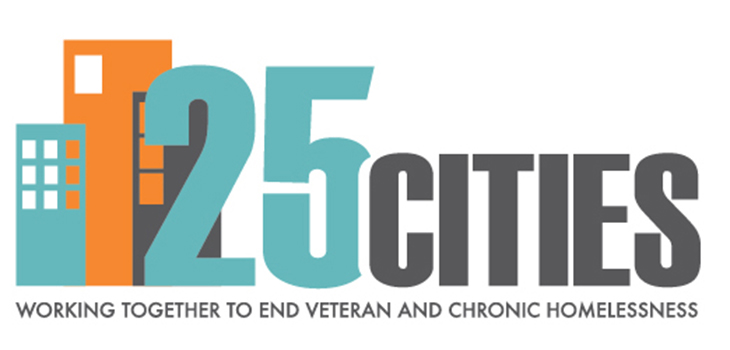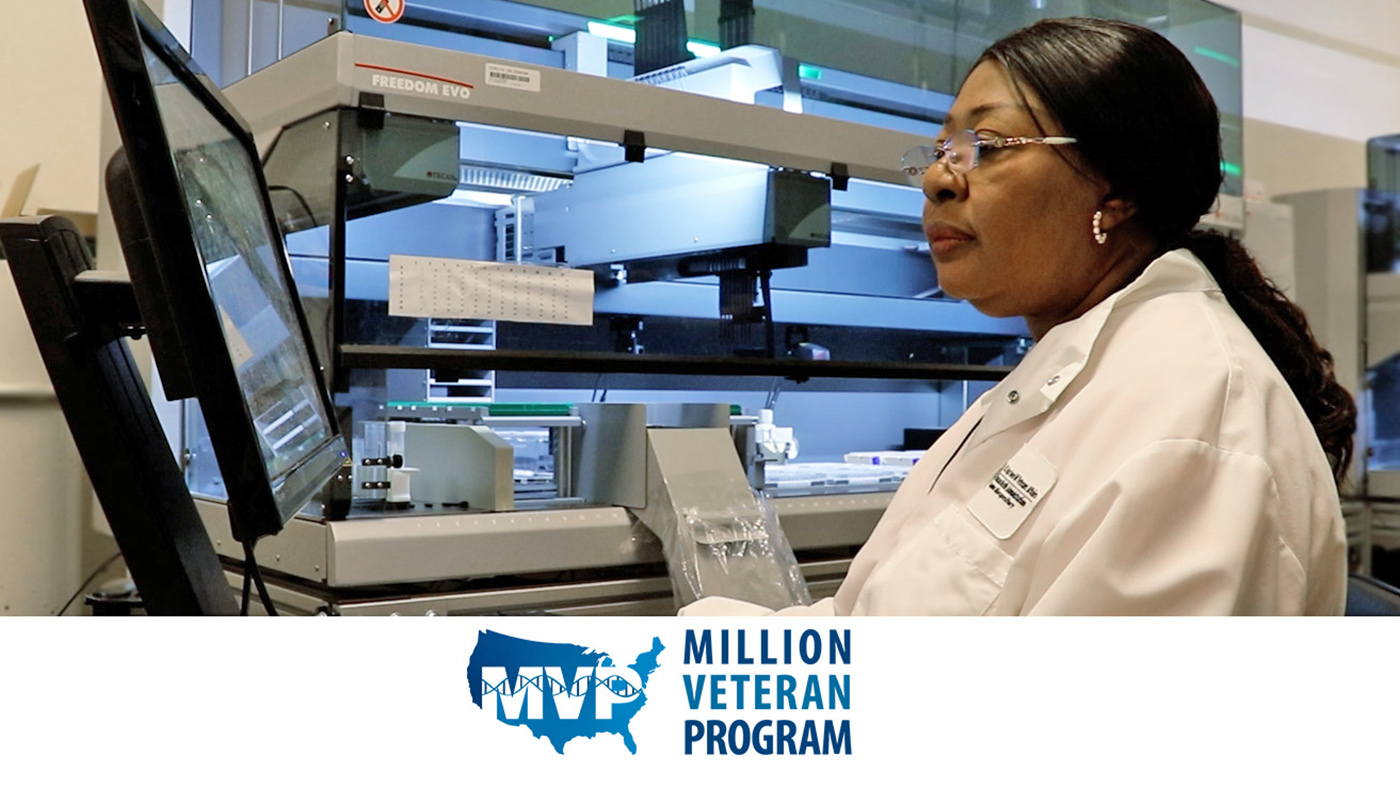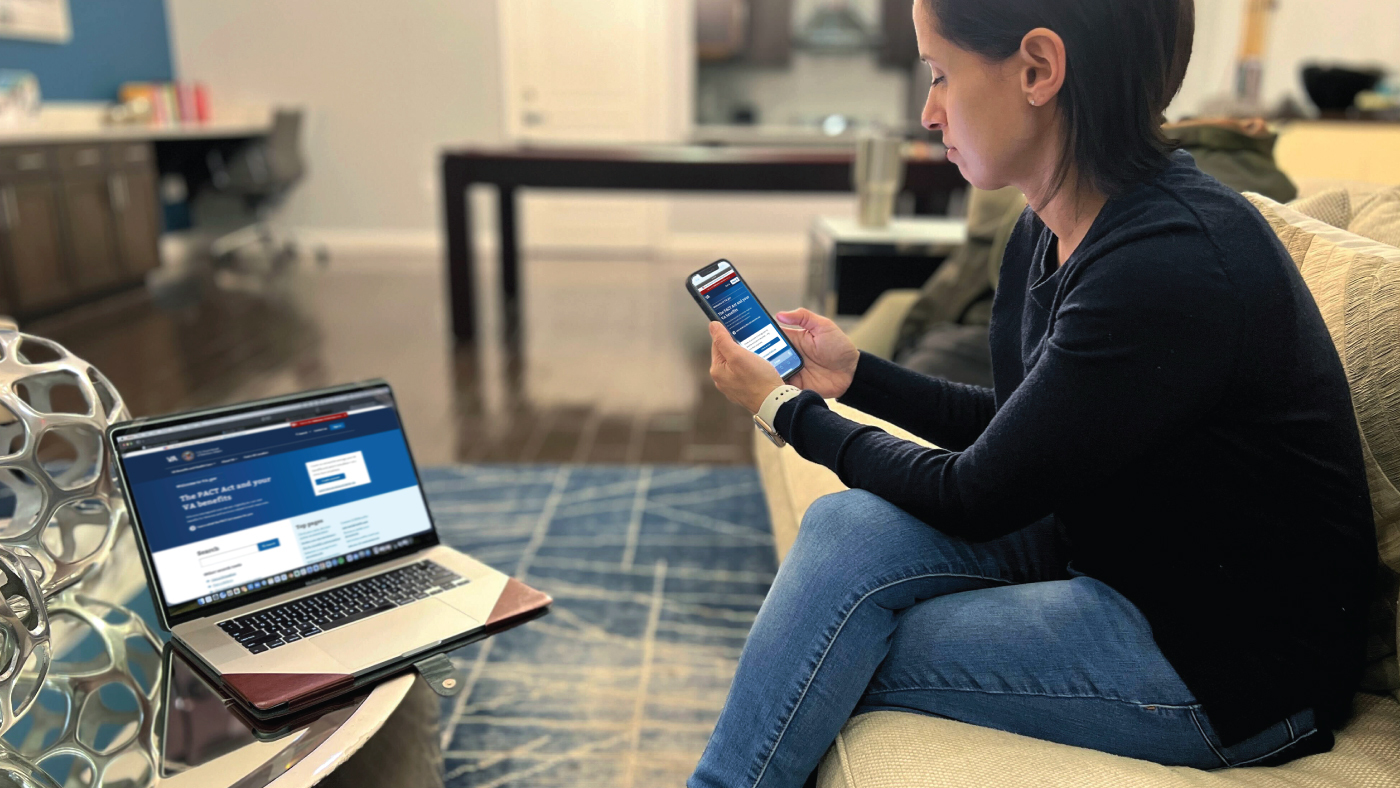For two hours on a late-October afternoon, 25 cities became one.
For more than two years, the 25 Cities Initiative has worked to coordinate resources in communities with high concentrations of Veterans who are homeless. On Oct. 20, representatives from these cities came together at VA Central Office in Washington, D.C., as their collective efforts were honored at the “Commending Your Journey” event.
Indeed, there was cause for celebration: From January 2015 through August 2016, nearly 30,000 Veterans have been housed across these 25 targeted cities:
Atlanta • Baltimore • Boston • Chicago • Denver • Detroit • Fresno • Honolulu • Houston • Las Vegas • Los Angeles • Miami • New Orleans • New York City • Orlando • Philadelphia • Phoenix • Portland • Riverside • San Diego • San Francisco • Seattle • Tampa • Tucson • Washington, D.C.
VA launched the initiative in March 2014 to provide these communities with resources, guidance, and lessons learned as they built out and enhanced their local programs to address the causes of Veteran homelessness. In addition to developing creative and strategic partnerships to address this issue holistically, each participating city established a “by-name” list of all Veterans confronting homelessness so that each of them could be linked to the appropriate services.
“We are not going to take a knee until every Veteran in this country has a safe and stable place they can call home,” said VA Secretary Robert McDonald. “Together, we can move the needle and reduce homelessness among Veterans in our communities and simultaneously create models that we can transport from city-to-city across the country. That’s what the 25 Cities Initiative is all about – commitment, partnership, and collaboration. To do what’s smart, and what’s right, for Veterans in our country.”
VA Secretary Bob McDonald attended the “Commending Your Journey” celebration along with U.S. Department of Housing and Urban Development (HUD) Secretary Julian Castro, Joining Forces Executive Director Col. William T. Johnson, U.S. Interagency Council on Homelessness (USICH) Executive Director Matthew Doherty, and representatives from many of the 25 participating cities.
A joint effort by VA, HUD, USICH, and local community partners, the 25 Cities Initiative has shown just how successful a collaborative approach can be in eliminating Veteran homelessness. By tapping each city’s deep knowledge of local community and business organizations; creating relationships with area chambers of commerce, landlords, and apartment associations; and capitalizing on the resources and guidance of federal agencies such as VA and HUD, the 25 cities realized a 22 percent reduction in Veteran homelessness.
Even more encouraging, the evidence-based strategies that helped achieve these results can be replicated in cities across the nation. Other campaigns focusing on ending Veteran homelessness, like the Mayoral Challenge and Zero 2016, have adopted many of the 25 Cities Initiative’s best practices. And beyond reducing Veteran homelessness, the initiative’s best practices can be applied by organizations and leaders working to end homelessness among other at-risk populations as well.
Thanks to these and other efforts of dedicated partners cross the country, the rate of Veteran homelessness nationwide — as measured by the annual Point in Time count — has been cut in nearly half since 2010.
While the 25 Cities Initiative concluded in September 2016, VA and its partners remain committed to the goal of ending Veteran homelessness in every community. There are still an estimated 40,000 Veterans experiencing homelessness on any given night across the nation who need assistance. By following the initiative’s lead, communities nationwide can achieve the same lasting success and sustain momentum toward finally eliminating Veteran homelessness.
More Information
- Visit VA’s website to learn about employment initiatives and other programs for Veterans exiting homelessness.
- Visit VA’s 25 Cities page to learn more about VA’s involvement in the initiative.
- Visit com to read more about the initiative’s accomplishments, upcoming work, and how to get more involved.
- Refer Veterans who are homeless or at imminent risk of becoming homeless to their local VA Medical Center, where VA staff are ready to assist, or urge them to call 1-877-4AID-VET (1-877-424-3838).

Topics in this story
More Stories
Seven U.S. Army soldiers, one Army Reserve soldier and two Veterans are representing Team USA at the 2024 Olympic Games in Paris, which begins today.
The findings of this new MVP study underscore the importance and positive impact of diverse representation in genetic research, paving the way for significant advances in health care tailored to Veteran population-specific needs.
VA reduces complexity for Veterans, beneficiaries, and caregivers signing in to VA.gov, VA’s official mobile app, and other VA online services while continuing to secure Veteran data.







I have as an income only social security and it used to be more then enough to rent an apartment and pay all my bills.
Now with the cost of living going up faster then the cola increases I find I can no longer make ends meet. I have no other means and both the DSHS and the VA say I don’t qualify for assistance because on my income. I am a senior of 76 years, a veteran of the pre Vietnam era (1960-63). I was in the Marines for that time period and I have now exhausted my resources of investigation. What can this newly established department do to help me not be put out on the streets
sincerely
Loree Rae